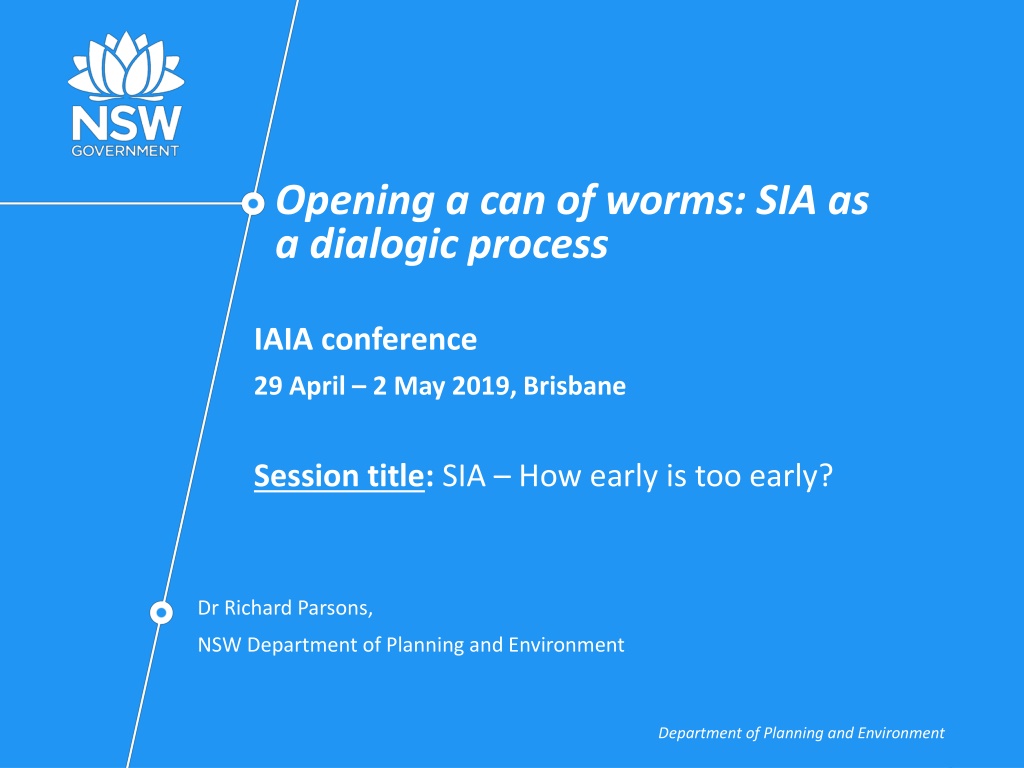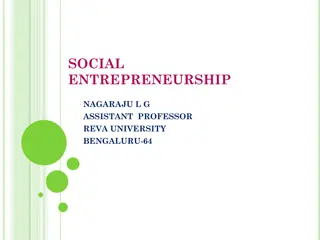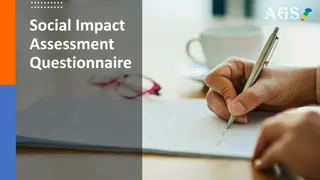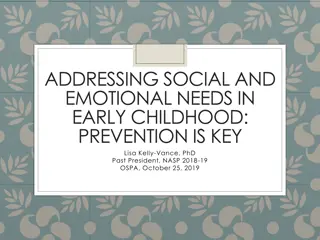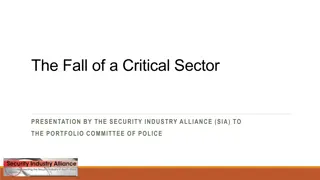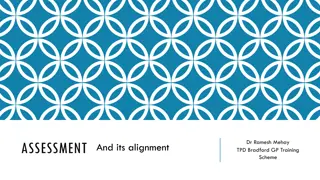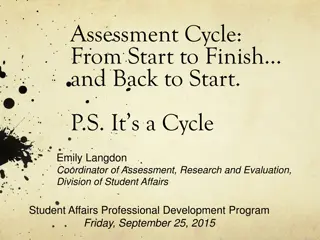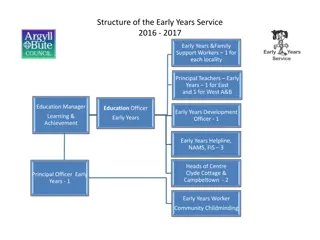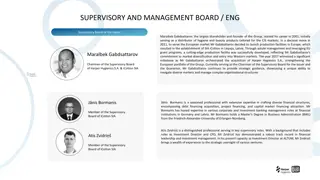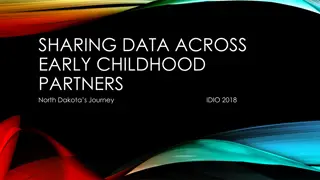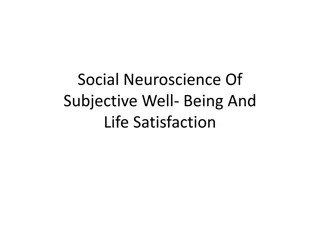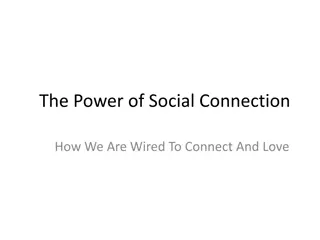Importance of Starting Social Impact Assessment (SIA) Early
The dialogue explores the significance of initiating Social Impact Assessment (SIA) processes early, highlighting the consequences of delayed engagement. It delves into the implications of uncertainties, rumors, and misunderstandings when SIA is not initiated in a timely manner. The discussion also contrasts the instrumental and normative perspectives of stakeholder theory in the context of SIA, emphasizing the ethical obligation and moral aspects of engaging stakeholders in a genuine and dialogic process from the outset.
Download Presentation

Please find below an Image/Link to download the presentation.
The content on the website is provided AS IS for your information and personal use only. It may not be sold, licensed, or shared on other websites without obtaining consent from the author.If you encounter any issues during the download, it is possible that the publisher has removed the file from their server.
You are allowed to download the files provided on this website for personal or commercial use, subject to the condition that they are used lawfully. All files are the property of their respective owners.
The content on the website is provided AS IS for your information and personal use only. It may not be sold, licensed, or shared on other websites without obtaining consent from the author.
E N D
Presentation Transcript
Opening a can of worms: SIA as a dialogic process IAIA conference 29 April 2 May 2019, Brisbane Session title: SIA How early is too early? Dr Richard Parsons, NSW Department of Planning and Environment Department of Planning and Environment
What can happen when you dont start SIA early Bentley blockade, NSW, 2014 2
Social impacts startwith rumours of a possible project (Vanclay et al., 2015) BUT How can we expect people to reach an informed opinion if we can t tell them exactly what the project will look like? (Assumption: people cannot process uncertainty.) AND There s no point worrying the community just yet they will only spread false rumours and get all emotional. (Assumption: without certainty, people cannot engage in respectful and rational dialogue.) i.e. uncertainty + rumours = open can of worms 3
Deeper misinterpretations and misunderstandings? 1. mistaking genuine concern as unreasonable dissent/outrage (which might hamper approvals) 2. concomitant desire to control information to manage any dissent 3. misconceptualisation of SIA as community engagement (overlooking social research) 4. misunderstanding of social impacts as amenity impacts (which occur later) 4
Can stakeholder theory help us? Instrumental stakeholder theory would suggest that starting SIA early: can help with approval timeframes and costs may reduce the spread of unfounded rumours may capture opportunities to incorporate local knowledge can motivate locals to act as project champions . i.e. There is a business case for starting SIA very early. BUT an instrumental view: sees stakeholders as a means to an end privileges the proponent s interests over stakeholder interests. 5
Stakeholder theory (cont.) Normative stakeholder theory encouraging a genuinely dialogic SIA process Stakeholders are ends in themselves they have legitimate interests which merit consideration for their own sake. Starting SIA early becomes a moral obligation, in recognition of power disparities. Highlights matters of fairness, justice, respect, empathy. Enacting these ethical principles reminds us that SIA is a process one that entails genuine dialogue around concerns, aspirations, and uncertainties. Dialogue e.g. co-design, community-led SIA Open the can of worms! 6
Dr Richard Parsons Richard.Parsons@planning.nsw.gov.au
